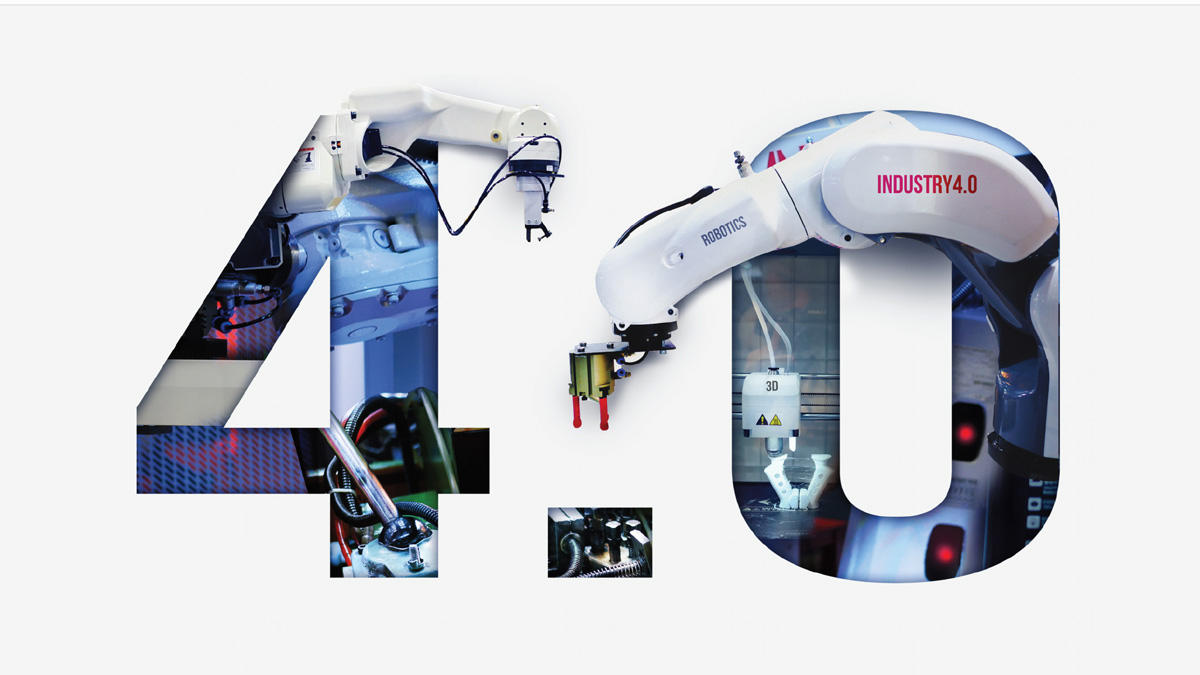
The Fourth Industrial Revolution: The Future of Industry and Digital Transformation
The Fourth Industrial Revolution (Industry 4.0) is one of the most significant transformations of the modern era. It merges digital, physical, and biological technologies, fundamentally changing how industries operate, businesses are managed, and how people live and work.
What is the Fourth Industrial Revolution?
This new phase of industrial development is powered by smart technologies, including:
-
Artificial Intelligence (AI)
-
Internet of Things (IoT)
-
Cloud Computing
-
Big Data and Advanced Analytics
-
3D Printing
-
Smart Robotics
-
Augmented and Virtual Reality (AR/VR)
-
5G Networks
These technologies integrate to create a major leap in production, management, and decision-making across all sectors.
How It Differs from Previous Industrial Revolutions
-
First: Introduced mechanical production powered by steam engines.
-
Second: Brought mass production using electricity and assembly lines.
-
Third: Introduced automation and computing in the late 20th century.
-
Fourth: Integrates cyber-physical systems, machine learning, and intelligent automation, enabling machines to communicate and make autonomous decisions.
Key Features of the Fourth Industrial Revolution
-
Greater automation and intelligence in manufacturing lines.
-
Improved efficiency and reduced waste through data-driven insights.
-
Flexible and personalized production to meet customer needs quickly.
-
Constant connectivity among devices and systems for remote control and monitoring.
-
Empowered innovation in business models and management practices.
Challenges of Industry 4.0
Despite its massive benefits, there are several key challenges:
-
High initial investment costs for digital transformation.
-
Need for skilled talent able to work with modern technologies.
-
Cybersecurity risks due to increased connectivity.
-
Varying levels of digital readiness among organizations and countries.
Industry 4.0 in Saudi Arabia
In alignment with Saudi Vision 2030, the Fourth Industrial Revolution plays a vital role in national transformation. The country launched a Center for the Fourth Industrial Revolution in collaboration with the World Economic Forum. Saudi Arabia is rapidly adopting smart manufacturing, IoT, and advanced analytics, particularly in industrial cities and projects like NEOM and the Royal Commission for Jubail and Yanbu.
Conclusion
The Fourth Industrial Revolution is not just a technological trend — it is a radical shift in the philosophy of production and industry. To fully benefit from it, countries and businesses must invest in strong infrastructure, strategic planning, and human capital. Those who delay adoption risk falling behind in an increasingly competitive global market.